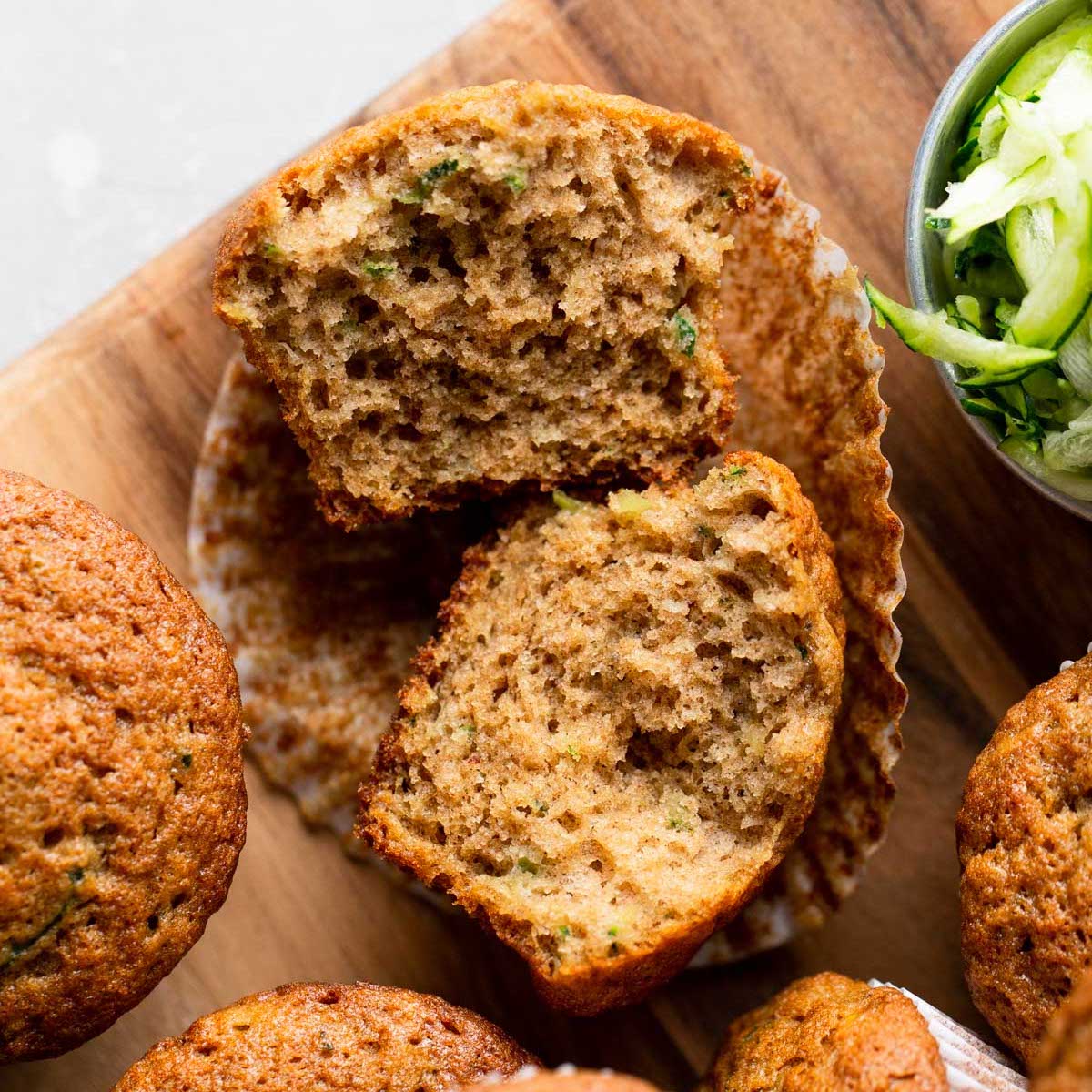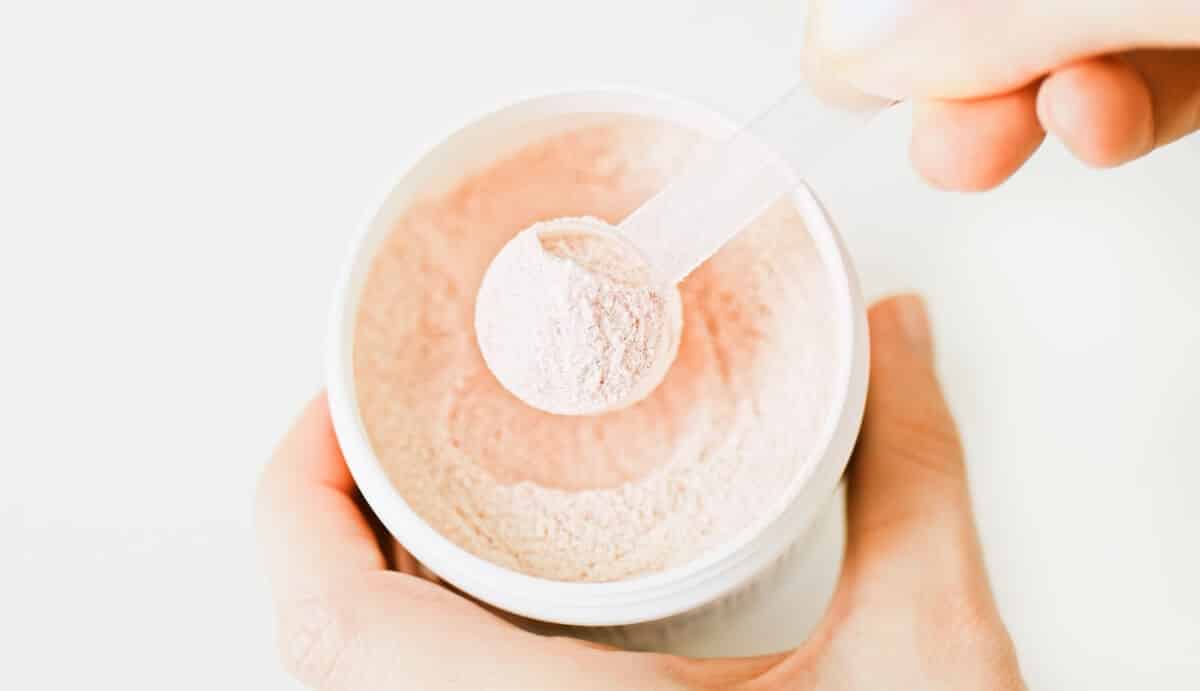By Laura Cipullo, RDN, CDE, CEDRD, CDN
Physical Hunger: The Cause of Sugar Cravings
Physical hunger sends the signal to eat but it doesn’t always mean one needs to eat. Sugar cravings are real. The body senses a dip in blood sugar, when it is falling dramatically after a higher carbohydrate meal like pasta (think 200 mg/dl to 100 mg/dl) or perhaps because the blood sugar is falling below the body’s lowest norm (below 70mg/dl). The body is biologically wired to either seek out food or to make sugar from the body’s stores. This is what I call Physical Hunger.
Now, this does not mean all desires for sugar are legit, meaning a physical necessity for eating. If your sugar is falling after you eat the Valentine’s candied Kiss, this is not an indicator to eat more sugar. Rather you are likely just feeling the results of your blood sugar dropping. If you have a craving and you have not eaten in 4 hours, this is the time to eat!!!
Follow your natural eating schedule
There are some very specific times of day, that the body is preparing for food, sleep or even activity. Eating consistently and in sync with the body clock’s natural rhythms will reduce cravings. And remember cravings can be for carbs, proteins, and or fats. For instance, around 3 or 4 pm in the afternoon, the body experiences a drop in alertness due to the fact cortisol, the hormone is falling. This decrease leads to a feeling of fatigue, which many of us feed in effort to increase alertness. As discussed in the Body Clock Diet, the best remedies are to move, get fresh air and eat a macronutrient-balanced snack. The movement will naturally increase alertness, fresh air will give an oxygen boost and the snack-balanced snack will provide a slow release of energy for the next few hours.
How eating sugar affects your brain
In terms of mind, and body, it is essential to first recognize there is a bidirectional relationship between the mind and body especially that of the gastrointestinal tract. One always affects the other and vice versa. Knowing this is important especially when understanding that sugar which is another name for carbohydrate can and does affect the entire body in multiple ways and differently in different people. What we are learning from experts in the field including The Yale Rudd Center and Dr. Pamela Peeke, is that just like insulin and leptin, some people do not produce enough of the reward hormone known as dopamine when they eat. They never feel satisfied and thus the desire to eat continues. Yet, there is also evidence pointing to a high sugar/fat intake resulting in high levels of dopamine. The activation of the reward system leads the body to crave more of the food to further increase dopamine and activate the brain’s reward system. This is extremely complex because there are other substances such as the appetite hormone, ghrelin, and the fullness hormone, leptin that must be considered. In sum, there is some type of “addicting” quality to sugar. The best solution at present is to naturally increase dopamine through exercise, regulate blood sugar with a macronutrient-balanced meal, and to regularly practice mindfulness. In addition, much more information and research using humans (rather than animals) is needed. The most exciting news is that our food intake and weight are also being linked to the bacteria in our bellies!!








